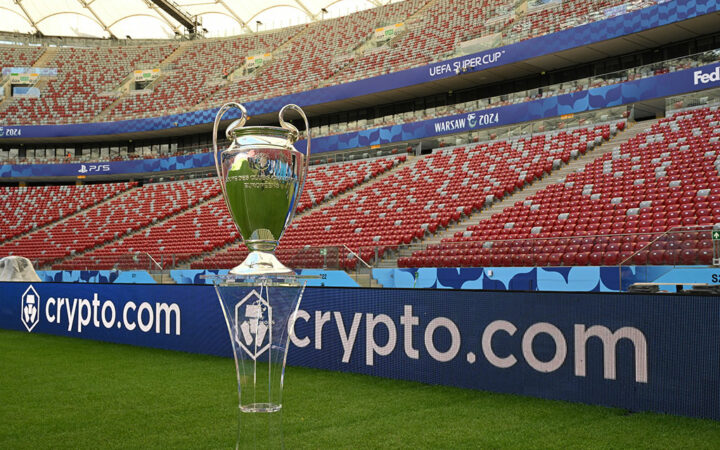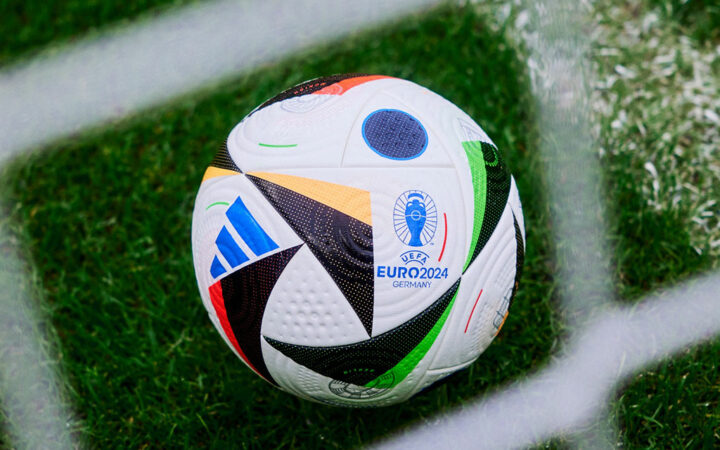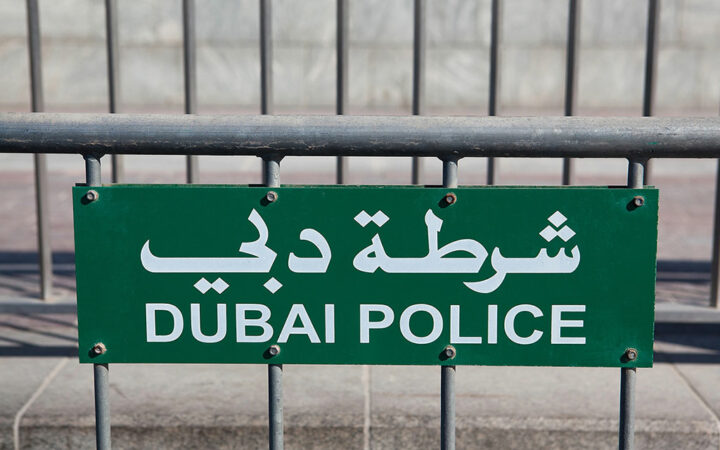Alexandra is a software engineer who specializes in core banking systems development for financial and IT spheres. Taking strong interest in blockchain, cryptocurrencies, and IoT, Alexandra got deep understanding of the emerging techs believing in their potential to drive the future.
FIFA World Cup is over, European football season is still picking up, and the lull has taken over the fans of one of the most popular sports. The UEFA Super Cup has traditionally revitalized the football community. But this game has also become a milestone for the blockchain supporters as UEFA distributed all the tickets to the Super Cup via a blockchain-based ticketing system.
The game was held in Tallinn, Estonia on the 15th of August. The UEFA Super Cup is not the main trophy of the season, but the game of the reigning champions of the two main European club competitions is never boring. This year the Super Cup has brought together bitter rivals from Madrid. The UEFA Champions League was represented by Real Madrid that is only learning to live without the talent of Cristiano Ronaldo. Atlético, the champions of the UEFA Europa League, took over the city rivals and snatched a 4-2 win.
The top games of UEFA have never lacked visitors, especially when the Cup turns into the Madrid Derby. The ticket sale attracts not only football fans but lots of fraudsters who can make a serious profit out of ticket manipulations. UEFA decided to put an end to this situation and used blockchain technology for the ticket sale.
100% of the match tickets for the UEFA Super Cup were sold using a blockchain-based mobile application. The benefits of the blockchain-based solution are evident: it eliminates any manipulations with tickets like replication and duplication. This system is not only secure but convenient for fans: special mobile Bluetooth devices were placed at the stadium entrances to work in combination with the tickets.
This is not the first time the UEFA has tested the distributed ledger app: half of the tickets for the 2018 UEFA Europa League final were distributed via this application. That try was generally successful, but revealed a number of minor problems. The version tested in May 2018 underwent “fine-tuning and improvements” and proved its ability to replace the traditional ticket distribution system.
The UEFA is satisfied with the results of the testing and plans to expand the usage of blockchain-based application. It is highly likely that most of the UEFA’s future events will use the blockchain-based ticket sale system. It is not only technologically advanced, but possesses great usability so the switch to the blockchain technology is not expected to cause any problems.
The implementation of the ticket distribution process on the blockchain-based platform was in the air. The example of the UEFA can inspire lots of other event managers to use the same technology. This year the UEFA Super Cup was held on the A. Le Coq Arena with a capacity of 14,405 people. The blockchain-based mobile app was good enough to distribute this amount of tickets, so it is safe to say that even large scale event can fight the ticket fraudulent with the help of this technology.





